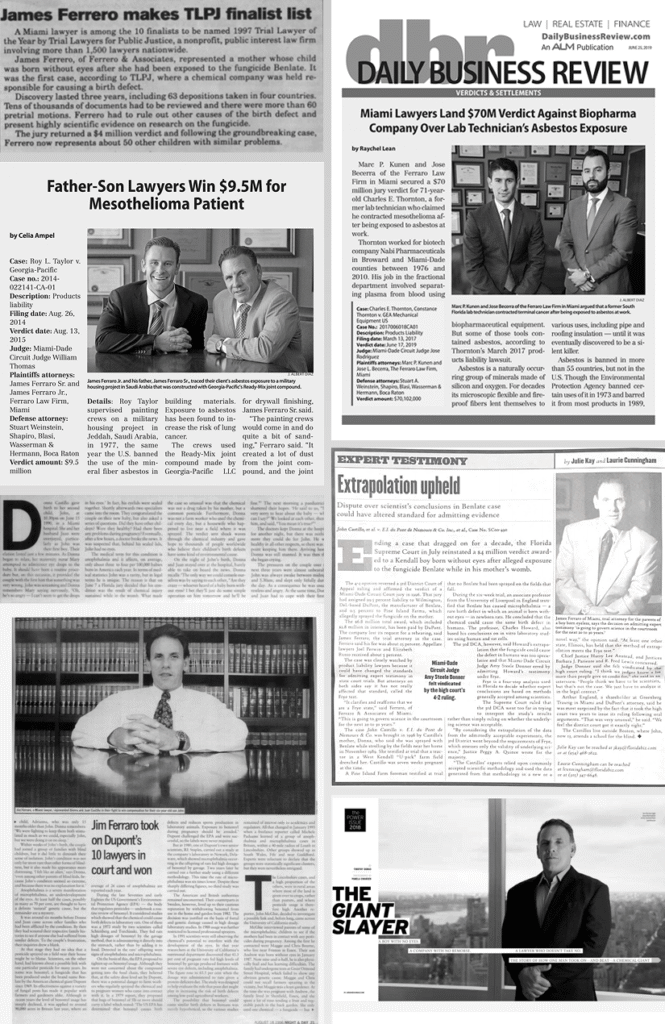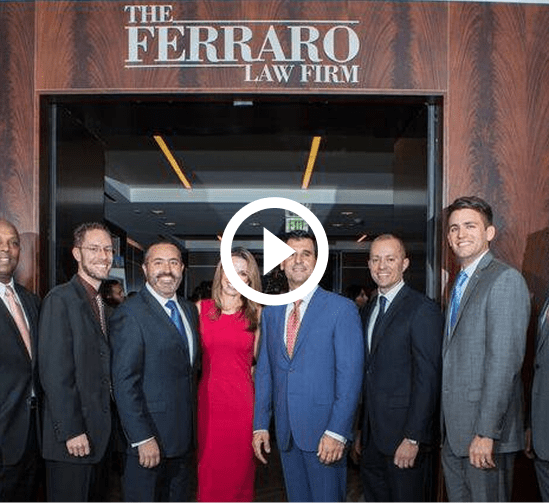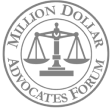Surgical mesh products like Ethicon Physiomesh were once widely used in hernia repair procedures. These devices were intended to reinforce weakened abdominal walls and prevent hernia recurrence. However, over time, a growing number of patients began reporting serious complications after hernia mesh implantation—raising significant concerns about product safety and design.
Understanding Hernia Mesh Lawsuits
Understanding Hernia Mesh Lawsuits
Hernia mesh devices gained popularity as a minimally invasive way to treat various types of hernias, including ventral and inguinal hernias. Manufacturers such as Ethicon (a Johnson & Johnson company) promoted products like Physiomesh Flexible Composite Mesh for laparoscopic use. Unfortunately, many of these products have been linked to a range of medical complications, including:
- Mesh migration or shrinkage
- Hernia recurrence
- Chronic pain or inflammation
- Infections and abscesses
- Bowel obstruction or adhesion
- The need for revision or removal surgery
In 2016, Ethicon voluntarily withdrew Physiomesh from the global market after data from independent registries revealed unacceptably high failure and recurrence rates compared to other mesh products.
40 Years Of Fierce Representation
40 Years Of Fierce Representation
Ferraro Law has earned a national reputation for tackling complex product liability cases. We have spent decades confronting powerful corporations over defective medical device claims, from asbestos litigation to high-stakes pharmaceutical disputes. Our record includes successfully recovering billions on behalf of injured clients. Over the years, we have seen firsthand how surgical mesh devices—such as hernia mesh products from Johnson & Johnson Ethicon, C.R. Bard, and Boston Scientific—have led to serious post-surgical complications.

How We Have Helped
How We Have Helped
Case Evaluation & Legal Action
We thoroughly reviewed each client’s surgical history, medical records, and reports of complications tied to hernia mesh implants. Our legal team assessed the presence of device recalls, adverse event reports, and relevant FDA updates to determine case eligibility and prepare for legal action.
Litigation & Legal Strategy
Working with medical consultants and reviewing filings across state and federal courts, we investigated the connection between defective mesh designs and injuries such as recurring hernias, chronic pain, and infections. Our attorneys built strong claims against manufacturers like Ethicon, focusing on the flawed materials and designs of products such as Physiomesh.
Pursuing Compensation & Accountability
For clients harmed by failed mesh devices, we pursued compensation for surgical revision costs, lost wages, and long-term suffering. Through strategic litigation and responsive legal care, we helped individuals confront medical device manufacturers and seek meaningful accountability.
What We Have Handled
What We Have Handled
Ferraro Law has represented individuals harmed by defective hernia mesh products, with a focus on securing compensation for those who experienced serious medical complications after implantation. Our litigation efforts addressed both device-specific failures and broader issues of design and manufacturing negligence.
Ethicon Physiomesh & Related Devices
We pursued claims on behalf of clients who suffered complications such as recurring hernias, persistent pain, infections, and mesh erosion after receiving Physiomesh flexible composite implants.
Additional Surgical Mesh Claims
Our team also handled cases involving laparoscopic hernia repair devices, which have been associated with high failure rates, revision surgeries, and chronic complications.

Defect & Design-Based Lawsuits
We investigated how poorly engineered mesh materials and substandard manufacturing processes contributed to the breakdown of these devices, often leading to internal damage and long-term health consequences.
Recalls & Regulatory Actions
As several mesh products were voluntarily recalled or withdrawn from the market, we reviewed manufacturer communications and global safety notices to help establish liability and support our clients’ claims
Pelvic Mesh: Compensation for Victims
Compensation for Victims of Physiomesh Complications
Successful hernia mesh lawsuits involving Ethicon Physiomesh provided much-needed financial relief for those harmed by the device.
Compensation typically included:

Medical Expenses
Covered surgery, follow-up care, and any additional procedures needed to remove or replace failed mesh implants.
Pain and Suffering
Acknowledged the physical pain, emotional distress, and reduced quality of life caused by long-term complications.

Lost Wages
Recovered income lost during recovery or due to long-term inability to work.
Future Medical Needs
Accounted for ongoing care in cases involving chronic pain, infection, or mesh migration.
While compensation can’t undo the harm, it offered critical support for those dealing with the lasting effects of a defective medical device.
Frequently Asked Questions
Frequently Asked Questions
01.
Is Ferraro Law still taking hernia mesh cases?
No, Ferraro Law is no longer accepting these cases. If you are seeking legal representation, we recommend reaching out to a firm currently handling claims in your area.
02.
How do I know if I have a defective hernia mesh implant?
Common warning signs include recurring hernias, chronic pain, unusual swelling, or signs of infection near the surgical site. Medical imaging and surgical consultation can help identify complications.
03.
What types of hernia mesh products have been involved in lawsuits?
Products like Ethicon’s Physiomesh, Atrium’s C-QUR, and Bard’s Ventralex have all faced scrutiny. Claims typically focus on flawed design, poor material quality, or inadequate warnings.
04.
Can I still file if I’ve had multiple surgeries?
Yes. Multiple revision procedures often help demonstrate the severity and persistence of your injuries.
05.
Are there time limits for filing a hernia mesh lawsuit?
Yes. Lawsuits must be filed within the statute of limitations, which varies by state. It’s best to contact an attorney promptly to understand your options.
have more questions?
glossary of key terms
glossary of key terms
Ethicon Physiomesh Flexible Composite
A type of surgical hernia mesh developed by Ethicon, a Johnson & Johnson subsidiary. The product was voluntarily withdrawn from the market after reports of high failure rates, including hernia recurrence, infections, and chronic pain linked to its unique design.
Market Withdrawal
A process in which a manufacturer removes a product from the market, typically on a voluntary basis, due to safety concerns, regulatory issues, or a high rate of complications. This differs from a formal government-mandated recall.
Polypropylene
A synthetic plastic polymer commonly used in the construction of surgical mesh. While durable, it can provoke adverse reactions such as inflammation, tissue erosion, or chronic pain when the mesh is defectively designed or improperly implanted.
Urgent Field Safety Notice
A formal communication issued by a medical device manufacturer to healthcare professionals, alerting them to serious risks associated with a product. These notices often include recommendations to stop using the device or to remove it from patients when possible.
MDL (Multidistrict Litigation)
A federal legal procedure that consolidates multiple civil cases with similar facts and claims—such as those involving defective hernia mesh—into one court to streamline pretrial proceedings and improve judicial efficiency.
Design Defect
A flaw in the intended design of a product that makes it inherently unsafe, even if manufactured correctly. In hernia mesh litigation, design defects are often central to claims involving recurring injuries and mesh failure.
Reoperation or Revision Surgery
A secondary surgical procedure required to remove or replace defective mesh products due to complications such as infection, pain, or hernia recurrence. These procedures are often more complex and carry additional risks.
Complications
Unintended health issues arising after the implantation of surgical mesh, which may include chronic pain, adhesions, infections, bowel obstruction, or mesh migration.
Understanding Your Next Steps
Understanding Your Next Steps
If you’ve suffered complications such as infections, chronic pain, or hernia recurrence following the implantation of an Ethicon Physiomesh device, you’re not alone—many individuals have taken legal action in response to similar injuries. While Ferraro Law is no longer accepting new hernia mesh cases, we encourage you to stay informed and know your options when it comes to pursuing accountability and potential compensation.















